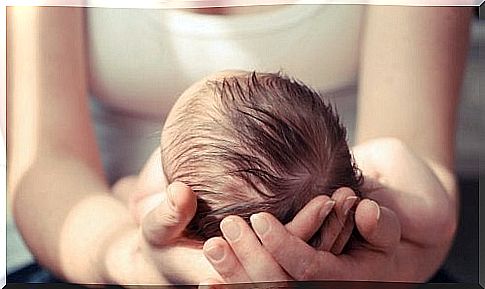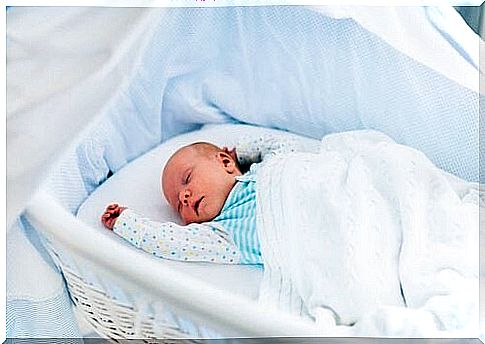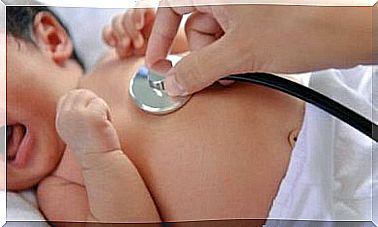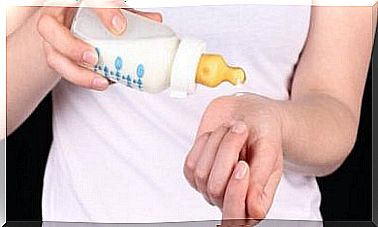Baby’s First Month: Everything You Need To Know

During this period, we notice everything that our baby does, and we are often unsure of what is normal. Here you can read about everything that characterizes the baby’s first month, and the changes that then take place.
During the baby’s first month of life, you will notice that it sleeps a lot, and wakes up regularly to eat. It may have hiccups, and sneeze often.
There are hundreds of questions that can arise about how to care for a newborn. How to feed your baby, when to bathe it, what happens to its umbilical cord, how to take the best care of it…
If this is your first child, you probably have even more questions.
But, do not worry: there are many things that babies do during this period that may seem disturbing but are in fact very common.
The important thing is to keep a watchful eye on your child, give it the care and attention it needs, and, if necessary, talk to a specialist if you notice anything unusual.
This characterizes the baby’s first month
This is how your baby will behave during his first 30 days of life:
- Your baby will sleep 14-16 hours a day. It will wake up for short periods, about 7-12 times a day, usually to breastfeed.
- At first , newborn babies can not see anything. Gradually, they begin to focus, a little at a time.
- Your baby may lose some weight, even if he or she breastfeeds as much as he or she wants. This is normal for newborns.
- Newborns often have hiccups, and they often sneeze. This does not mean that they have problems with digestion or the airways.
- They should have a bowel movement 4 or 5 times a day and urinate 2-3 times. At this age, their stools will be yellow or greenish and very loose.
- Their breathing can be loud and irregular, especially when sleeping. This is nothing unusual.

How your baby changes during his first month
You may notice that some of your baby’s functions take time to “activate”, and that it happens a little at a time.
Gradually, children learn to discern familiar faces and even smile when they see them. They will be drawn to colors, light and sound.
When it comes to their emotional development, it is important that the baby feels protected and loved.
Whatever some theories may say, there is absolutely nothing wrong with holding the baby in your arms. Always having company and being carried will calm them down and make them feel safe.
Making a bond of affection during the first month of life is important. Newborns can recognize their mother by just feeling the scent of her. They cry instinctively, to get their mother’s attention and to have their needs met.
However, this band is not just with the baby’s mother. The father can also participate actively from the beginning.
The only limitation on what fathers can do is when it comes to breastfeeding. But in every other way, the father can and should play a central role in the care of the baby.
What to think about during the baby’s first month of life
We should always be aware that a newborn baby is extremely sensitive. It has just come into the world, and is still adapting to it.
Be careful with the bacteria from the outside world that the child may come in contact with. Your baby’s bedroom should have good lighting, be warm, and be free of infectious agents.
It is also important to keep visits to a minimum during this period. If people come and visit, try to limit the visits to a maximum of 20 minutes. If they stay longer, it can feel intrusive for the child; small children are easily frightened.

When it comes to hygiene, there are three important things you should know:
- It is best if you can bathe your baby daily, in lukewarm water, in a warm room. Be careful not to get water in its eyes or ears.
- The umbilical cord will loosen by itself after about 6-15 days. A daily bath is enough to keep the area clean, but some doctors also recommend using a little alcohol to clean it.
- The nails will start to grow, and your baby may start itching with them, which can damage the skin. Cut the nails if necessary.
When it comes to nutrition during the baby’s first month of life, there is nothing better than breast milk. If possible, breastfeeding up to the age of six months is recommended.









